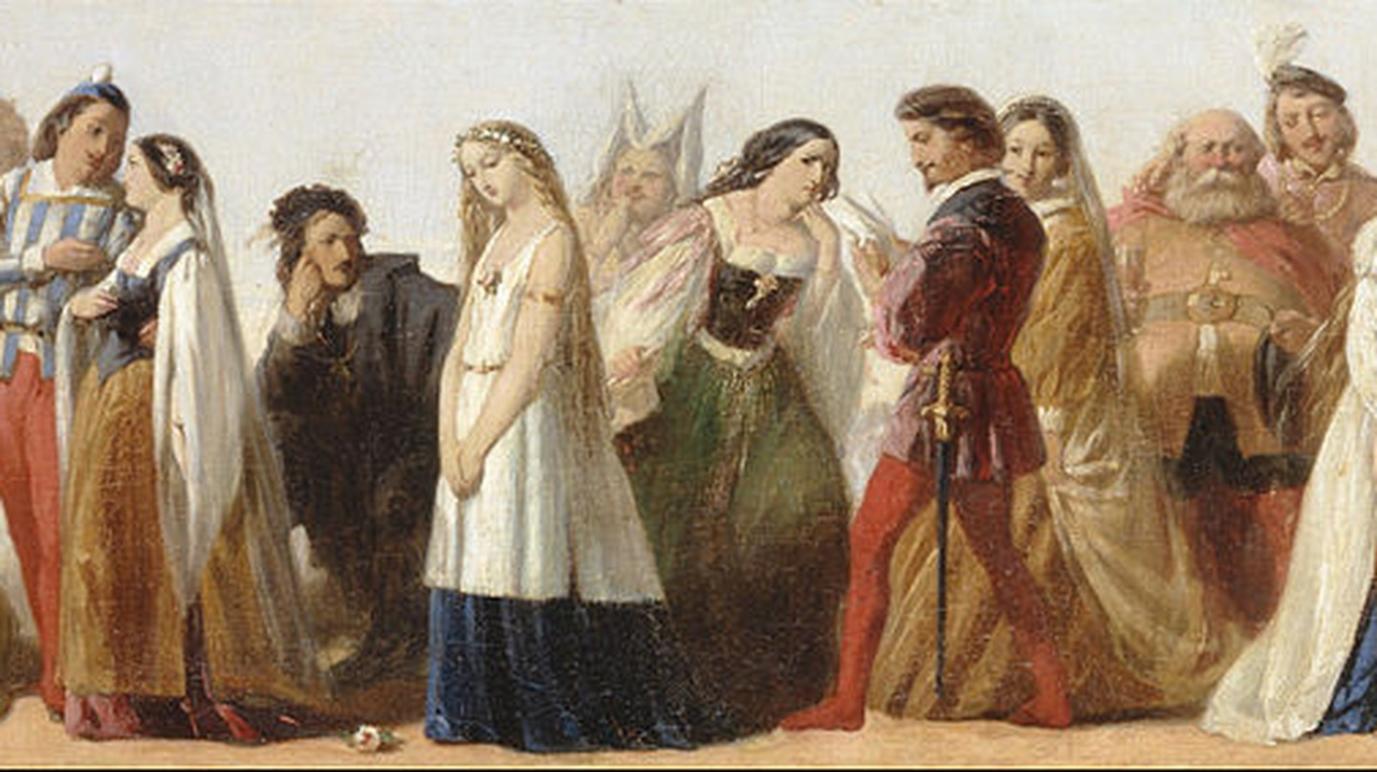How Did Shakespeare's Plays Influence the Development of Theatre and Performance?
Introduction

William Shakespeare, widely regarded as one of the greatest playwrights in history, has had a profound and lasting influence on the development of theatre and performance. His plays have captivated audiences for centuries, inspiring generations of artists and shaping the very essence of theatrical expression. This article explores how Shakespeare's plays have influenced the evolution of theatre and performance, examining his innovative use of language, exploration of human nature and universal themes, diverse range of genres and styles, and theatrical conventions and techniques.
I. Shakespeare's Impact On Theatre And Performance
A. Innovative Use Of Language
- Shakespeare's mastery of language, including his use of metaphors, similes, and wordplay, elevated theatrical dialogue to new heights.
- His ability to create memorable characters and dialogue that resonate with audiences has left an indelible mark on the art of acting.
- Shakespeare's language has influenced the evolution of theatre and performance, leading to the development of new acting techniques and styles.
B. Exploration Of Human Nature And Universal Themes
- Shakespeare's plays delve into the complexities of human emotions, motivations, and relationships, offering profound insights into the human condition.
- His exploration of universal themes such as love, loss, power, and ambition has made his plays timeless and relatable to audiences across cultures and generations.
- Shakespeare's plays have influenced the development of psychological realism in theatre and performance, encouraging actors and directors to explore the inner lives of their characters.
C. Diverse Range Of Genres And Styles
- Shakespeare's plays span a wide range of genres, from comedies to tragedies to histories, demonstrating his versatility as a playwright.
- His ability to blend different genres and styles within a single play created a dynamic and engaging theatrical experience.
- Shakespeare's genre-bending has influenced the development of new forms of theatre and performance, encouraging artists to experiment with different genres and styles.
D. Theatrical Conventions And Techniques
- Shakespeare's use of soliloquies, asides, and other theatrical conventions allowed him to explore the inner thoughts and emotions of his characters.
- His innovative use of staging, lighting, and music created dramatic effects that heightened the emotional impact of his plays.
- Shakespeare's theatrical conventions have influenced the development of modern theatre and performance practices, shaping the way plays are staged and performed.
II. Shakespeare's Legacy And Continuing Influence
A. Enduring Popularity And Adaptations
- Shakespeare's plays continue to be performed around the world, testament to their enduring popularity and relevance.
- Numerous adaptations of Shakespeare's plays into films, television shows, and other media have brought his work to new audiences.
- Shakespeare's plays have had a significant impact on popular culture, inspiring countless works of art, literature, and music.
B. Inspiration For Future Generations Of Artists
- Shakespeare's plays have inspired generations of playwrights, actors, directors, and other theatre practitioners.
- His work continues to be studied and analyzed, providing valuable insights into the art of theatre and performance.
- Shakespeare's plays remain relevant to contemporary audiences, addressing timeless themes and human experiences.
Shakespeare's plays have had a profound and lasting influence on the development of theatre and performance. His innovative use of language, exploration of human nature and universal themes, diverse range of genres and styles, and theatrical conventions and techniques have shaped the very essence of theatrical expression. Shakespeare's legacy continues to inspire and influence future generations of artists, ensuring that his plays remain relevant and captivating for centuries to come.
YesNo

Leave a Reply